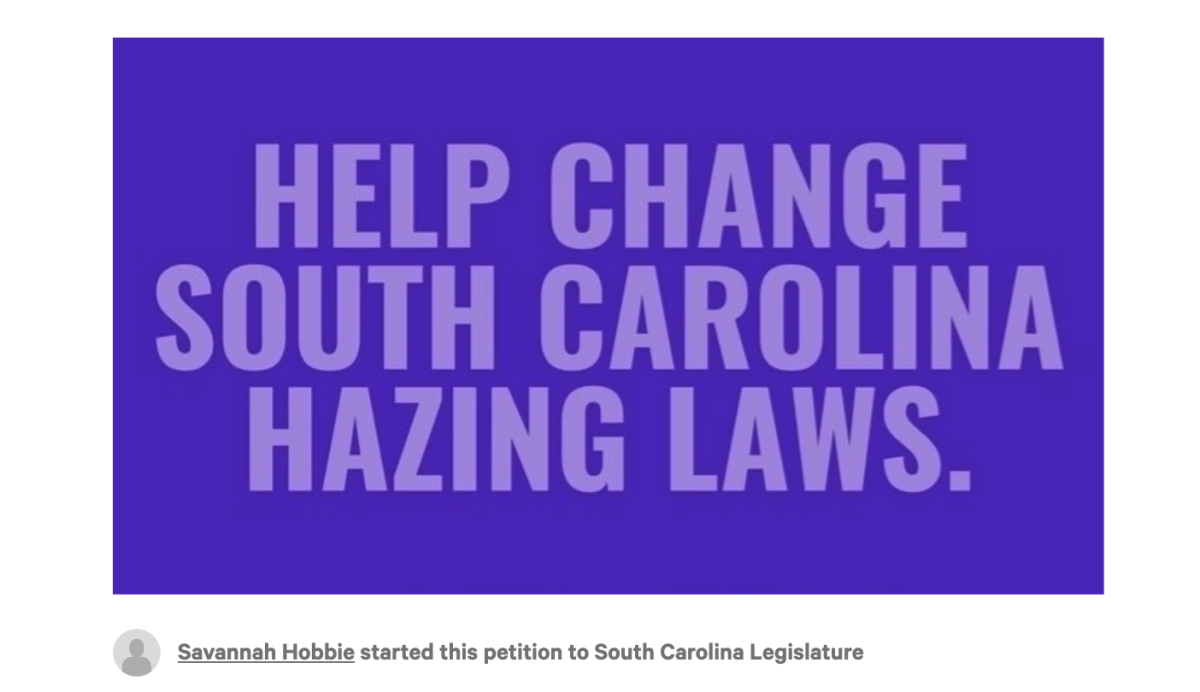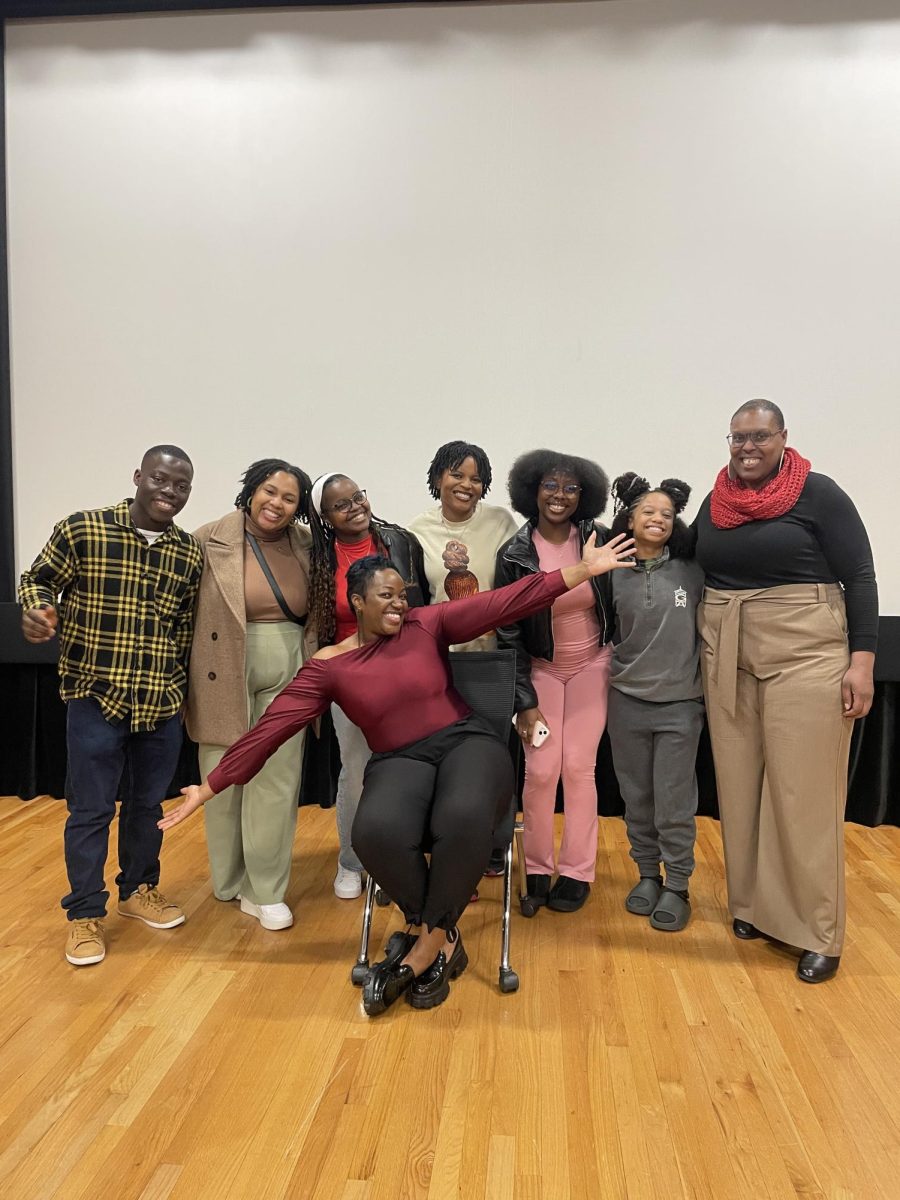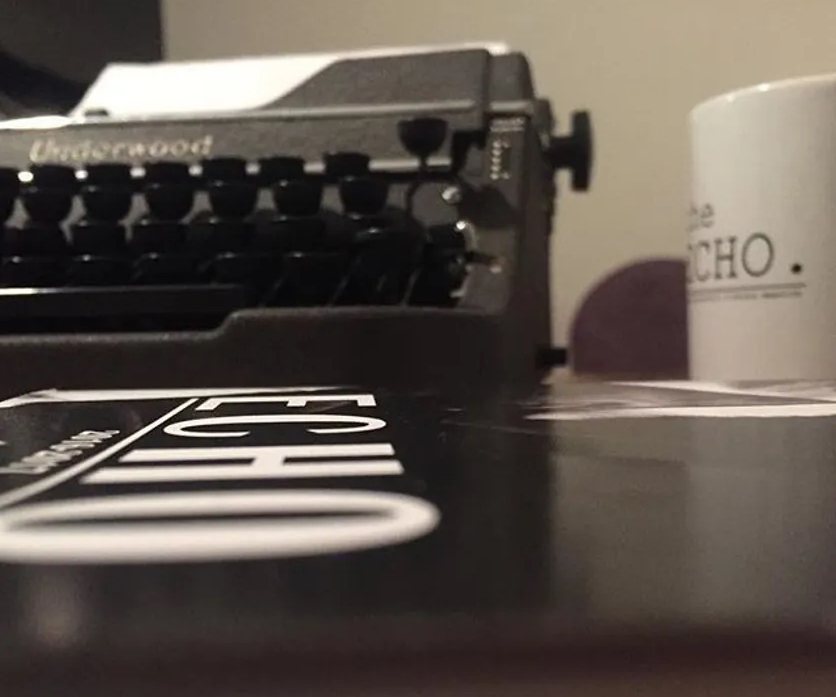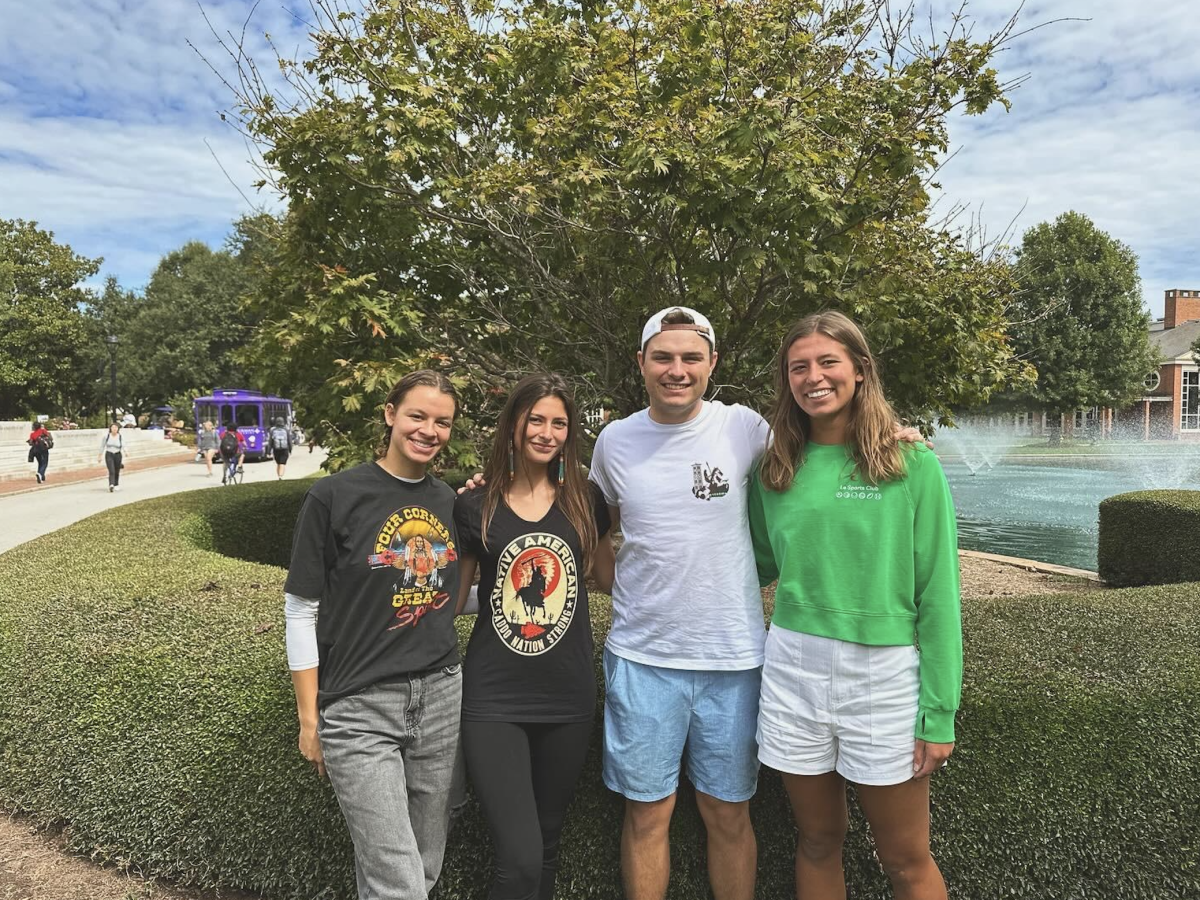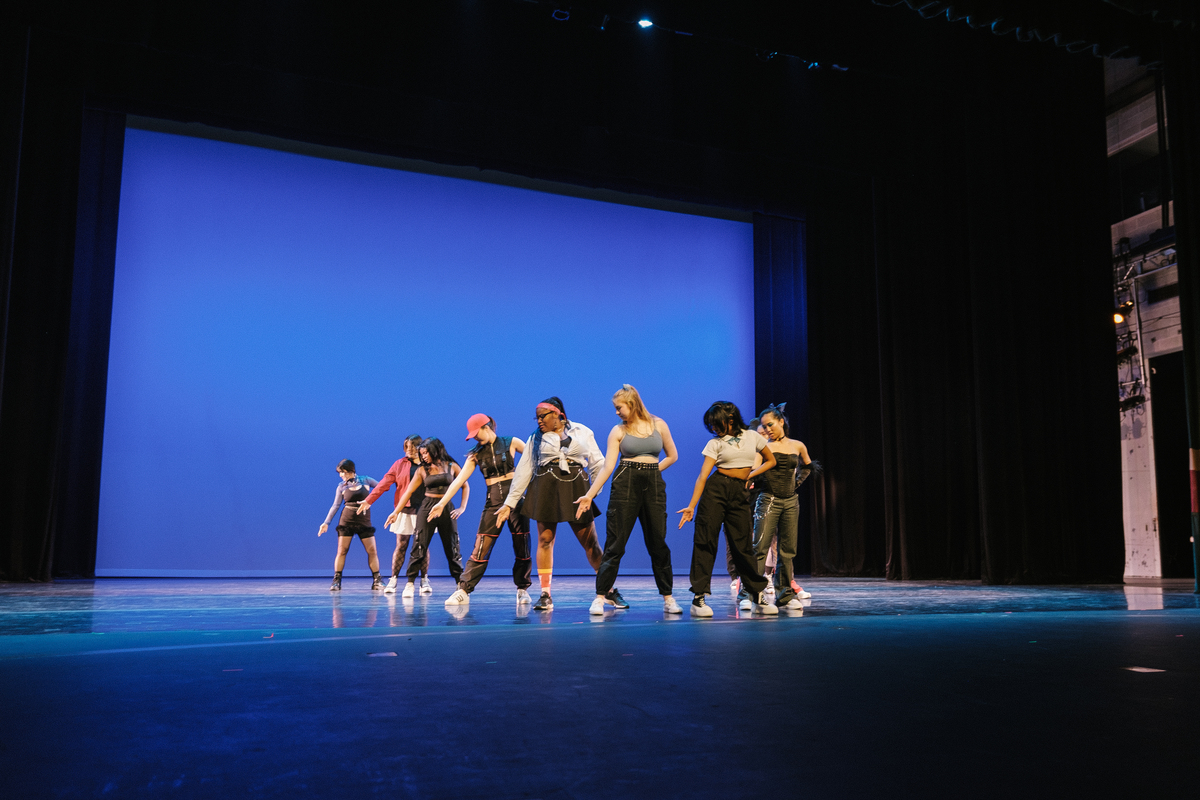“Sophomore year I attended a conference with the Panhellenic and IFC Councils where we heard numerous parents speak on losing their child due to hazing,” Hobbie reflected. There, a mother said to the attendees, “If [hazing] is not a felony in your state, contact us and we can work on something.” Well, sure enough, in South Carolina all hazing activities, regardless of their consequences, even death, result in a misdemeanor. And though COVID prevented Hobbie from acting on the unethical nature of this South Carolina legislation sooner, it “never left [her] mind.”
A conversation with the mother of Tucker Hipps, the late Clemson student who died as a result of hazing, only bolstered Hobbie’s conviction that hazing laws in South Carolina must change. “Hearing Mrs. Hipps speak on the facts of the case, the fact no arrests were ever made, all of it – it was just shocking and left me speechless.” With these sentiments in mind, Hobbie finally decided to act out against the current laws. She recently created a petition that advocates for updating punishments for hazing to felony-level in the state of South Carolina and is encouraging others to join in her fight for more than just legislation. After listening to Hobbie describe the intense pain experienced by the Hipps family, I was left heartbroken and in agreement — this law must be changed immediately in order to save lives and prevent hazing indefinitely.
In addition to her petition, Hobbie prepared a Furman Anti-Hazing Week to encourage student discussion and action. Students had the opportunity to sign a banner that reads, “Dins Don’t Haze” and afterwards receive a bracelet designed by Mrs. Hipps and Rachael Vasquez, a Furman student and cousin of Tucker Hipps. Next to the banner was “a space designed for resources” where students could ask questions and speak to members of the Panhellenic and IFC Councils. As for social media, Hobbie stated that the goal was for “all Greek life members to sign [the banner]” and for members of Greek organizations to post graphics showing positive bonding activities that they can engage in instead of hazing. Hobbie said that this week has “generated a lot of positive support and alternative activities, therefore showing the pointless reasons to haze.” As a student involved in Greek Life on campus, I wholeheartedly agree with Hobbie’s sentiments.
So, after reading this, ask yourself: why does society deem hazing as normal, and in most cases, “lighthearted” and “fun”? Hazing is far from a laughing matter; it is dangerous and life-threatening. One of Hobbie’s biggest hopes is that the week helped students “understand the severity of hazing” and the importance of being vocal against the activity.
She put it bluntly: “People have died, and people will continue to die if it is taken lightly. As the saying goes, ‘It’s all fun and games until someone gets hurt.’ People are getting hurt, people are dying, at the actions of others in authority. This should not be happening in any organization, not just Greek Life, but it is up to us to make a change.”
No arrests were made from the result of Tucker Hipps’ death, and law enforcement protocols have made it uncertain if the true details will ever emerge. It is horrifying, unethical, and unjust. The conversation about hazing does not stop at the end of National Hazing Prevention Week — its importance continues every day. It takes less than one minute to sign this petition that has the ability to save someone’s life. Like Hobbie said, it’s up to us to make a change and end hazing now.



































